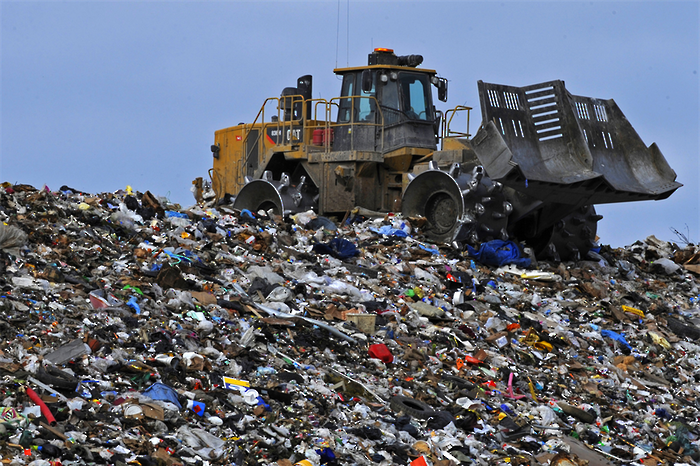The Green Hack showcases technology’s role in the fight against climate change
Students came together to create apps and games to tackle environmental issues at the first ever Cambridge Green Hack

The threat of global warming and environmental degradation are among the biggest issues facing our generation, and while advances in technology have historically contributed to climate change – as evidenced through the invention of the steam engine kick-starting a demand to burn ever-increasing amounts of coal – it doesn’t have to be this way.
Development of new technology provides unprecedented opportunities for positive action and increased efficiency. Around the world, people are rapidly creating new programmes and tools, and when innovation is targeted at climate justice, incredible outcomes can emerge. This was demonstrated recently, on the 10th of March, when around 60 students took part in the first ever ‘Hackers at Cambridge’ Green Hack, a 12-hour competition challenging participants to create innovative solutions to real-world environmental issues.
Even in our own lifetimes, we have seen radical changes in the ways we interact with technology, coming along with major alterations in our environmental impact. The invention of PCs, tablets, and smartphones, all of which are able to simultaneously perform multiple complex functions, now offers an opportunity to replace our need for production of resources such as paper, and to reduce the number of belongings required by individuals.
“Several participants are considering using ideas generated at the hackathon as a springboard for much larger pieces of work”
Moreover, the advent of these connected devices provides opportunities to better monitor the environment in order to gather information on specific outcomes and influences of climate change, or to identify places where energy wastage is particularly egregious. These devices can be used to spread knowledge and awareness of environmental issues at an unprecedented rate, and can be combined with incentives to ultimately promote behaviour changes to a more environmentally sustainable way of living.
Just as a government or organisation can impose such incentives top-down – as shown by the English government’s introduction of a 5p charge on single-use carrier bags, resulting in a decrease in usage of more than 80% – technology can provide such incentives in a bottom-up manner. For example, a technological product might use gamification to reward reductions in energy usage. If such a product becomes widespread, it could promote the changes in society necessary to combat climate change.
The finalist projects at the Green Hack provide prime examples of promoting a greener lifestyle in this manner. The project Multi-sensory Psycho Environmentalism is designed to “play music to let you know how you’re doing”, and promises to “tell you off” if a temperature sensor gets too warm, or a potentiometer senses a high energy usage. If energy is wasted unnecessarily, the music becomes discordant, and the device displays a wagging finger to motivate its user to reduce energy overuse.
Meanwhile, Peregreen is a web service which displays the environmental impact of different modes of travel in terms of the percentage of a tree which would need to be grown in order to offset the environmental damage inflicted by that travel. In addition to this, Peregreen uses a leaderboard to showcase the most environmentally-friendly University departments, encouraging each department to make more environmentally-conscious decisions.
While Peregreen shows the impact of travel in the unit of trees, the app Squirrel encourages users to plant trees, by allowing users to give names and stories to those that they plant. Other users are able to view the name, story and age of the tree. In this sense, the app helps users to reconnect with nature by encouraging them to help maintain it and allowing users to express themselves while doing so.
These projects have much potential, and several participants are considering using ideas generated at the hackathon as a springboard for much larger pieces of work. Diner Ismail, one of the creators of Green Hack’s winning project, expressed the wish to “continue working on it as a side-project, and launch the data collection part of the app before summer”. If such competitions are able to motivate the future generation of innovators to consider environmental impacts when designing products, they surely provide hope for society.
 Comment / The (Dys)functions of student politics at Cambridge19 January 2026
Comment / The (Dys)functions of student politics at Cambridge19 January 2026 News / Local business in trademark battle with Uni over use of ‘Cambridge’17 January 2026
News / Local business in trademark battle with Uni over use of ‘Cambridge’17 January 2026 Features / Exploring Cambridge’s past, present, and future18 January 2026
Features / Exploring Cambridge’s past, present, and future18 January 2026 News / Your Party protesters rally against US action in Venezuela19 January 2026
News / Your Party protesters rally against US action in Venezuela19 January 2026 Arts / Exploring Cambridge’s modernist architecture20 January 2026
Arts / Exploring Cambridge’s modernist architecture20 January 2026








